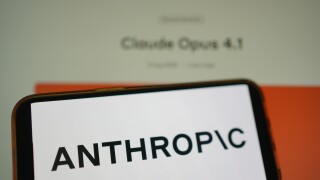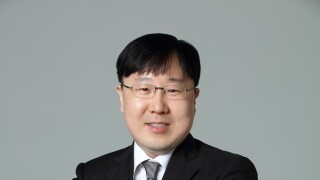Firm
Molly Kocialski, who has joined Holland & Hart after nearly a decade as a USPTO regional director, discusses career shifts, resilience, and overcoming casual sexism
Brian Horne reveals how his team secured a favourable damages outcome in a patent and trade secrets case involving X-ray technology
The five-partner team enhances Sheppard Mullin’s technology and life sciences capabilities, expanding its IP practice to more than 130 practitioners
Benjamin Grzimek, partner at Casalonga’s new Düsseldorf office, believes the firm is well-placed to challenge German UPC dominance
Sponsored
Sponsored
-
Sponsored by Hanol IP & LawRecently, the Korean Supreme Court made a key decision regarding how to read the prior art when making an inventive step determination (2013 Hu 2873 and 2880 (consolidated), January 14 2016).
-
Sponsored by Hanol IP & LawThree years ago, Korea adopted a new patent term adjustment (PTA) system. As many readers know, PTA is a system that allows extension of a patent term to the patent owner to compensate for an unreasonable delay during the prosecution phase.
-
Sponsored by Hanol IP & LawIn 2016, Korea has been substantially re-shaping its IP system. One such change is the Trade Mark Act, which has been comprehensively re-drafted. One of the main changes in trade mark is the non-use cancellation of the registered mark. When a registered trade mark has not been used in Korea for three consecutive years, third parties can seek to cancel it on the grounds of non-use. According to the existing Act, only an interested party can request cancellation of a non-used mark. However, under the new system, legal standing is no longer required; therefore, any person may request cancellation of a non-used registered mark. The new system is expected to accelerate the procedure and give more opportunity to those who actually intend to use the mark by remedying weaknesses in the registration system.
-
Sponsored by Hanol IP & LawDoes exporting parts or components of a patented product for final assembly outside the country infringe the patent? Recently, the Korean Supreme Court answered this question for the first time in Korea in its decision 2014Da42110 (July 23 2015).
-
Sponsored by AFD China Intellectual Property Law OfficeChina has an extensive and generous system of subsidies for patent filers. Xia Zheng and Mengmeng Yu of AFD China Intellectual Property Law Office explain how the system works
-
Sponsored by OLIVARESThe use of hyperlinks may be considered as a trade-related copyright infringement under certain circumstances.





















